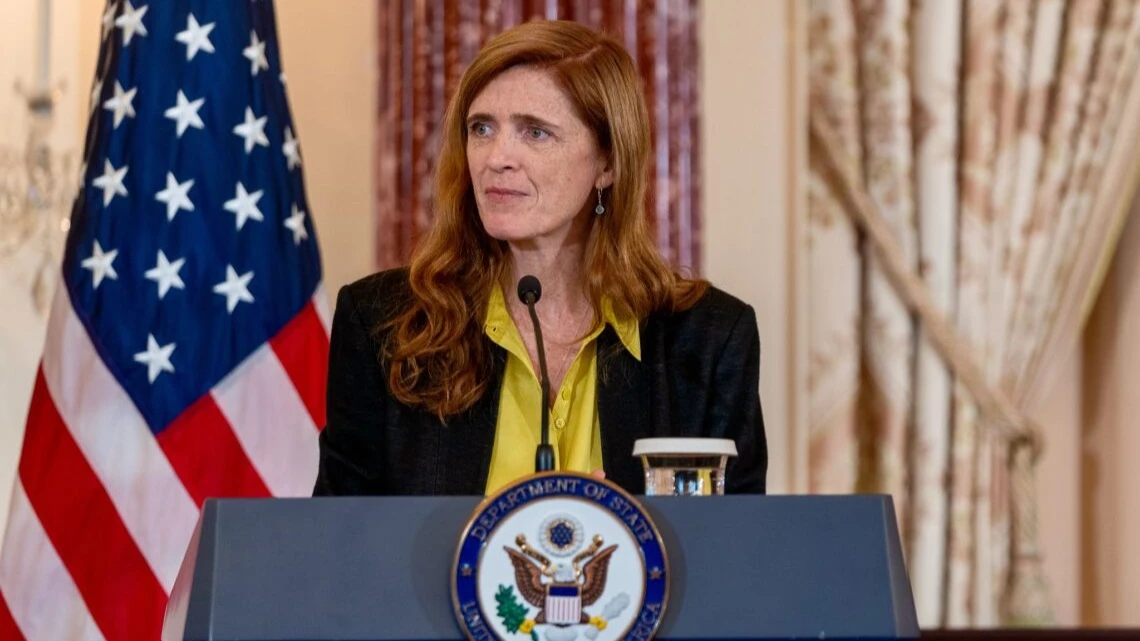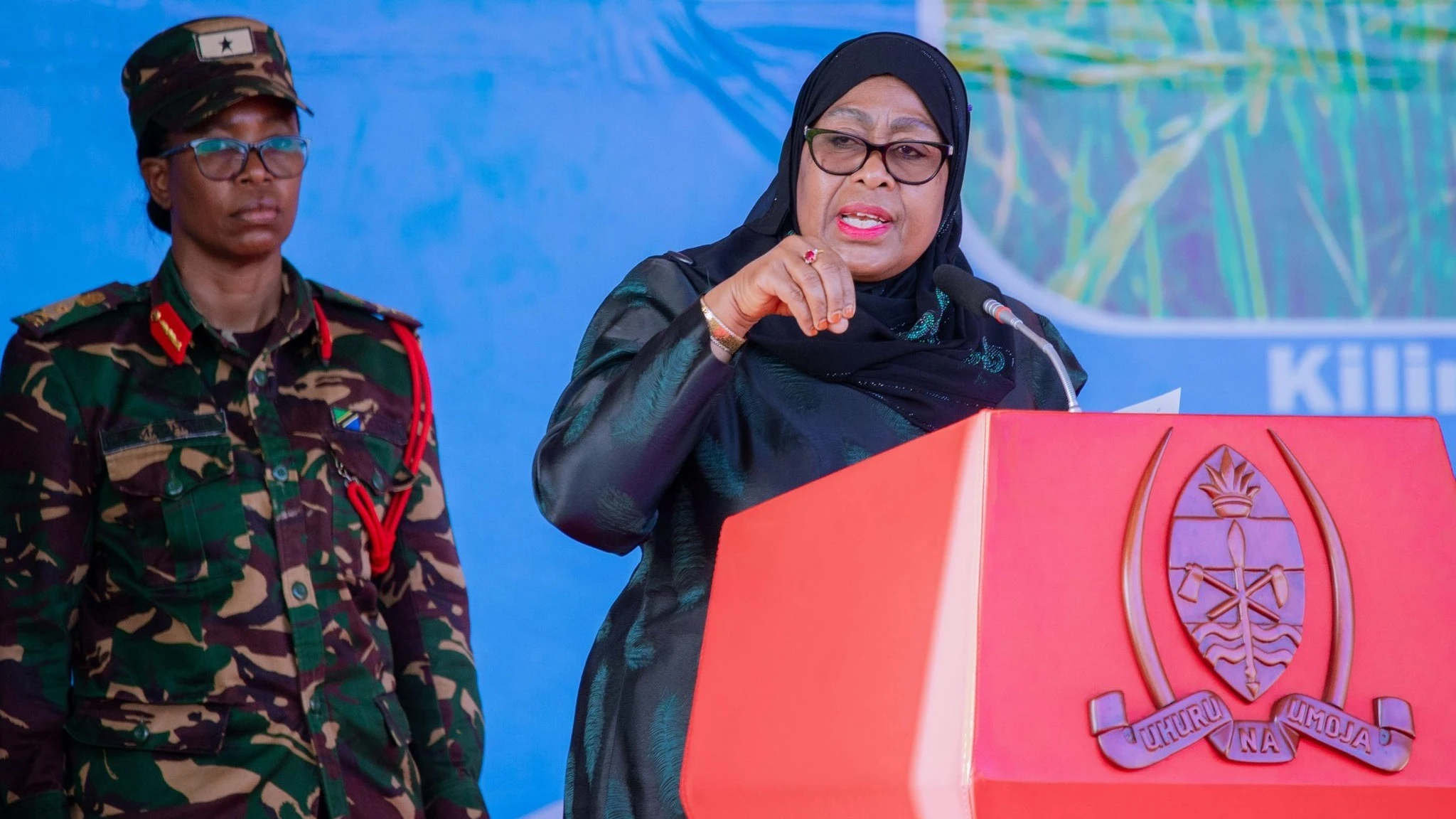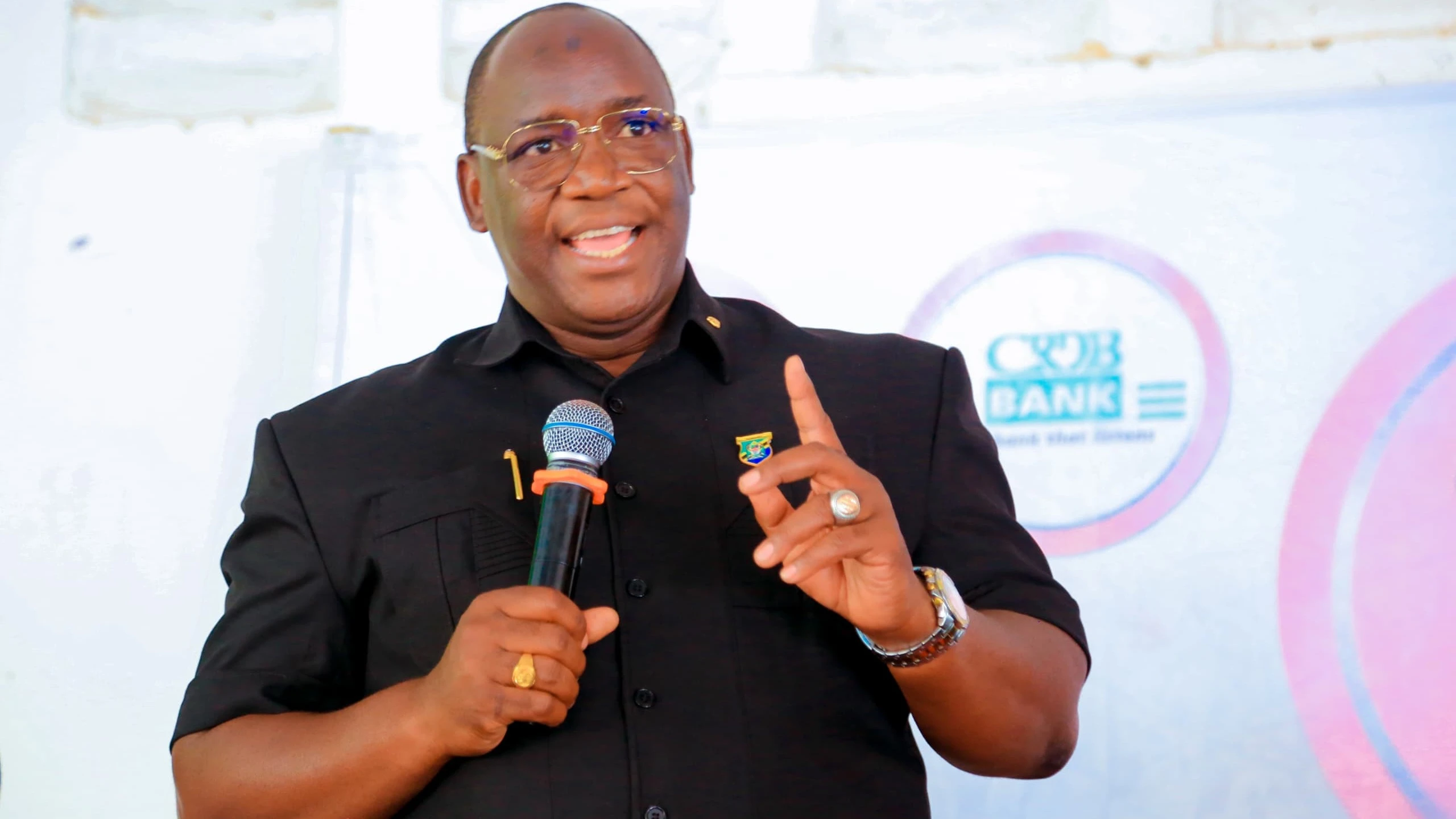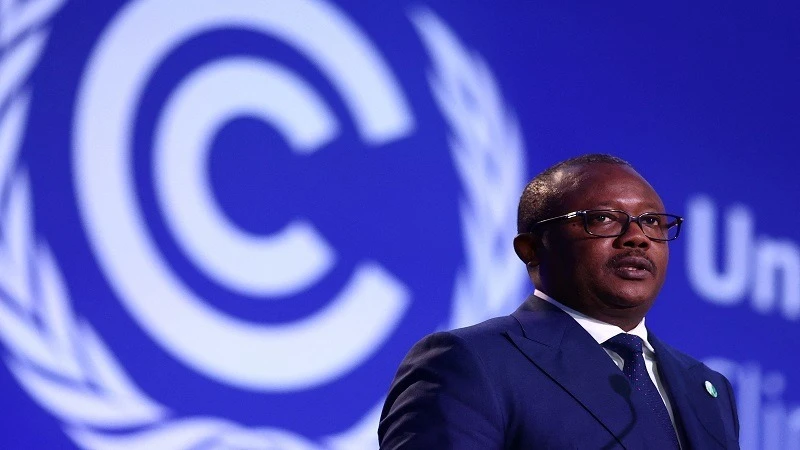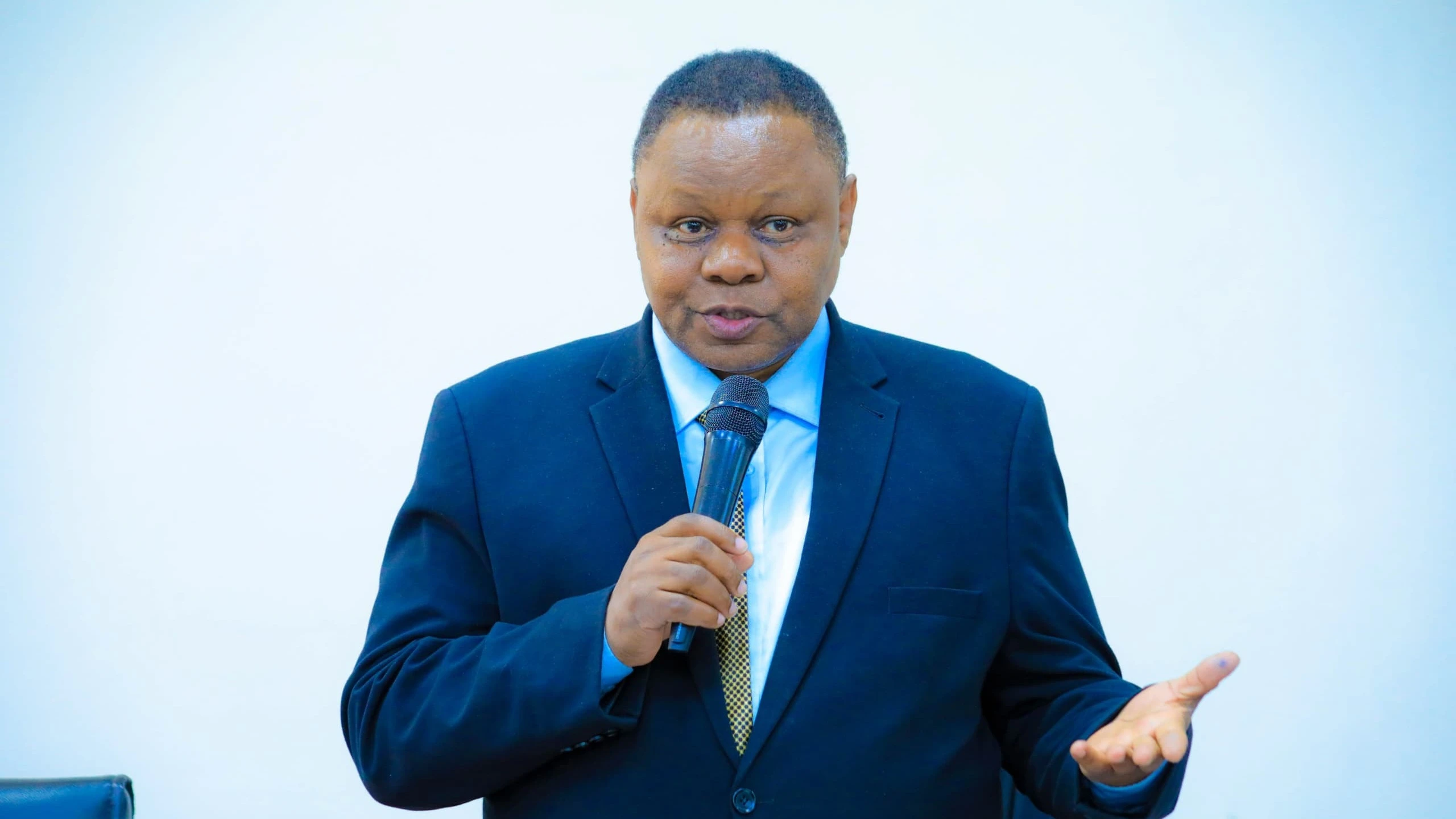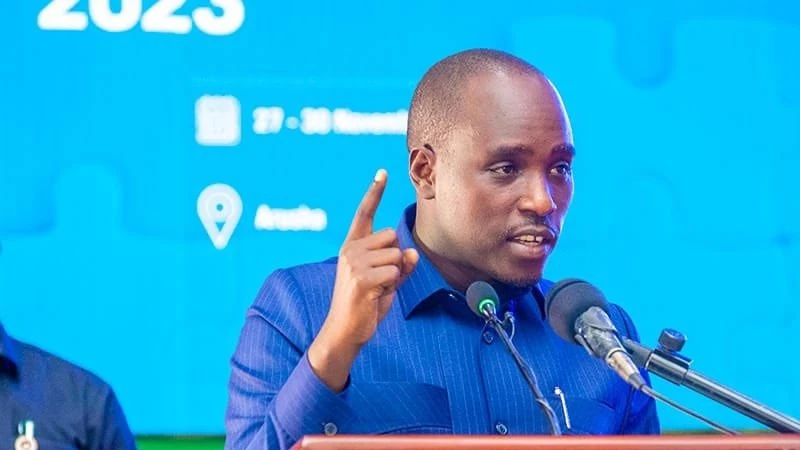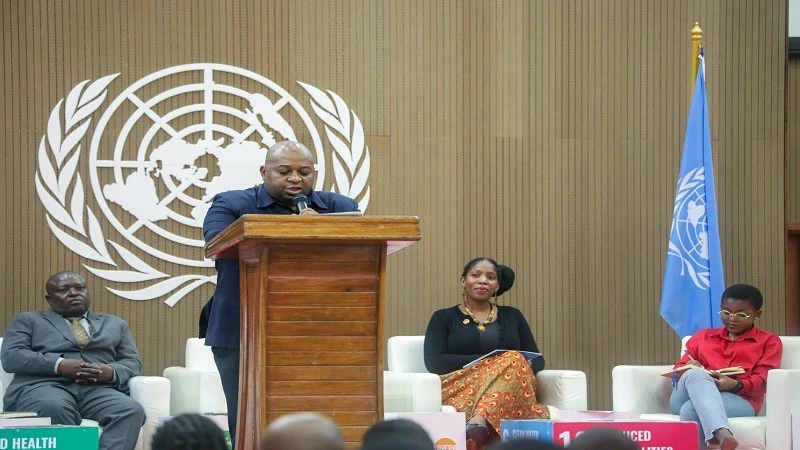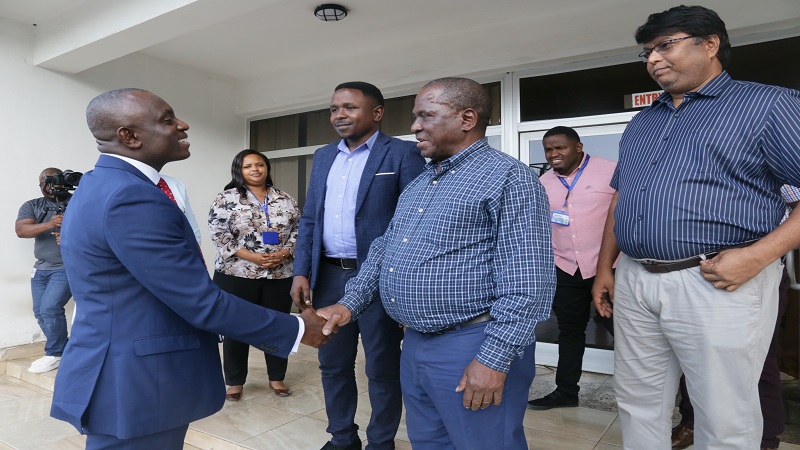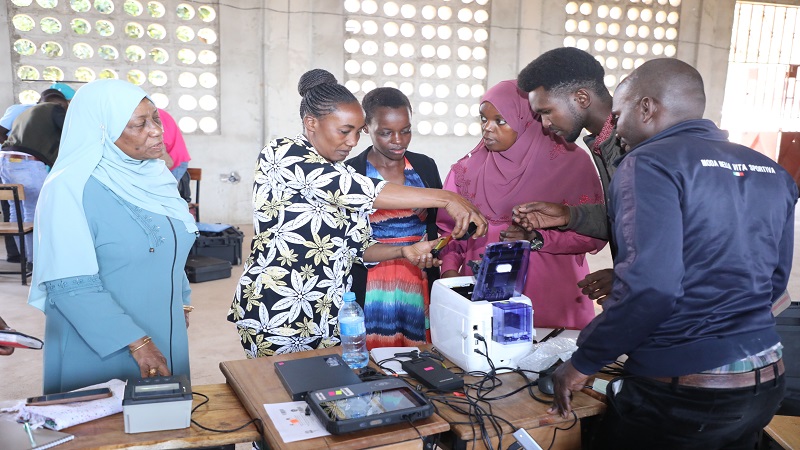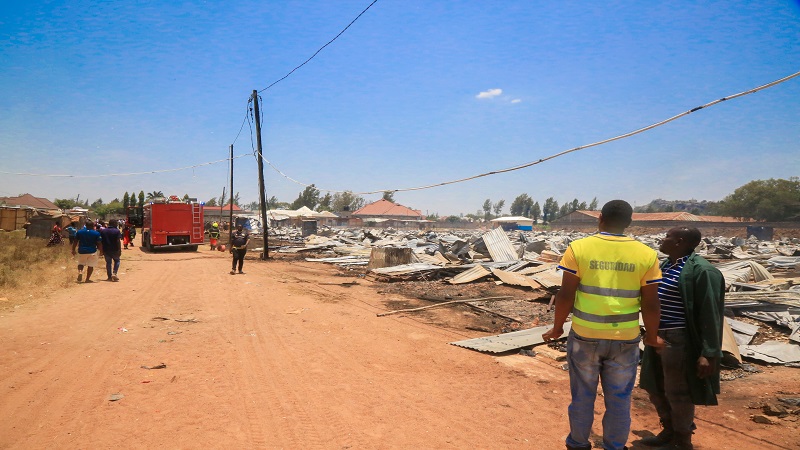Universal clean water access to promoting gender equality, economic empowerment
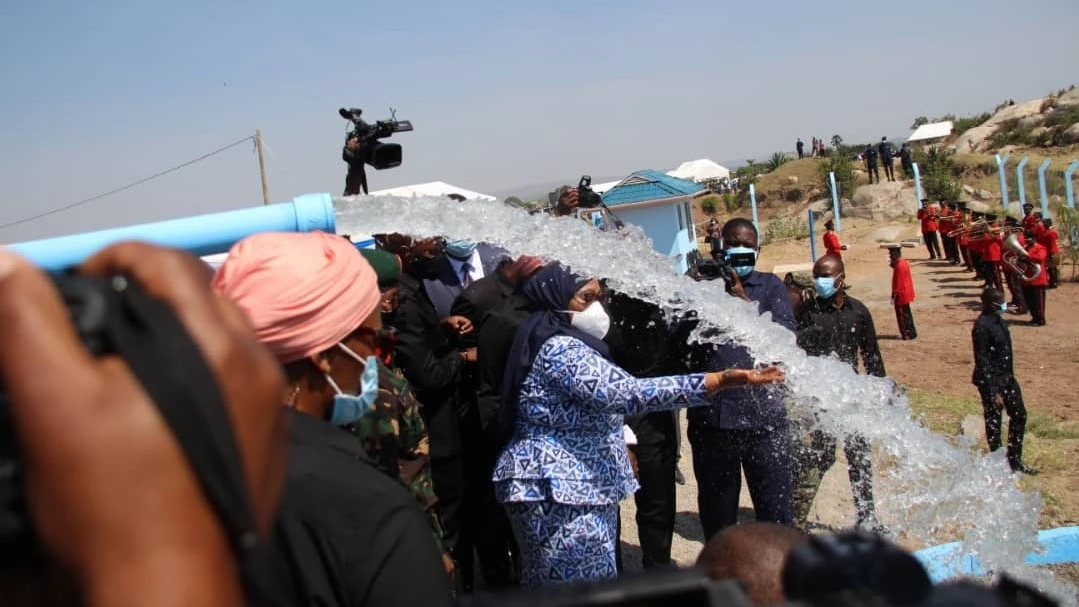
TANZANIA is poised to make history by ensuring that every village in the country has access to piped water by the end of 2025. This ambitious project, spearheaded by President Samia Suluhu Hassan, promises to alleviate one of the country’s longest-standing burdens—the daily struggle of fetching water, primarily carried out by women and girls.
Access to clean water is not only crucial for public health but also a key step toward gender equality and economic empowerment, allowing women to dedicate more time to education and income-generating activities.
In July 2024, residents of Mwamboku village in Kashishi Ward made a powerful appeal to their local MP, Iddi Kassim Iddi, by presenting him with the contaminated water they shared with their livestock. This dramatic act highlighted the severe water shortage and the health risks associated with using unsafe water.
“We know you are hardworking; but we are deeply concerned,” said Diana Dalali, a villager. “If you help us access clean water, it will mean everything to us.”
In response, MP Iddi contacted the Ruwasa Manager in Kahama District, who assured him that water pipes would be installed within two weeks. While this provided some hope, it underscored the broader issues many rural communities face in Tanzania, where infrastructure and access to clean water remain limited.
“I urge you to be patient,” MP Iddi advised the villagers. “You heard the manager; work will begin soon, and local leaders need to keep me informed of any challenges.”
This water scarcity issue is widespread. In Wami Sokoine village, also struggling with water shortages, residents often rely on dirty water shared with livestock and are forced to buy clean water at high prices—1,500 Tanzanian shillings for a 20-liter jerrycan.
“During the dry season, it becomes nearly impossible for us to get clean water,” explained Mashishanga Mayunga, a villager. “We depend on dirty water, and when it rains, we collect rainwater from shallow wells, which we share with animals.”
Another resident, Prisca Masunga, expressed her concern about the health risks. “The water is infested with both visible and invisible organisms. We try to boil and filter it, but we still get sick. It’s a constant danger to our health.”
The Tanzanian government has acknowledged the gravity of the situation and has committed to addressing it on a national scale. In June 2024, President Samia Suluhu Hassan laid the foundation stone for a new water project in Madaba District, Ruvuma Region.
The project, valued at 5.5 billion Tanzanian shillings, is expected to provide clean water to three villages and is part of the broader national effort to expand water access across the country. This move aligns with the president’s 2020 election campaign promise to “take the bucket off a woman’s head,” a symbolic pledge to ease the burden of water collection on women and girls.
"We want to ensure that no woman or girl in Tanzania has to spend hours every day fetching water," President Hassan emphasized. "Water access is not just about convenience; it is about health, dignity, and economic empowerment."
The president's commitment extends beyond infrastructure development; she also calls for active community involvement in preserving and protecting water sources. During her visit to the Matogoro B Mountains, President Hassan urged local communities to safeguard the Mtichi River, a vital resource for the surrounding villages.
“It is not only the responsibility of water authorities to ensure access to clean water, but also the responsibility of the community to protect these natural resources,” she stressed. "Water is a lifeline, not just for human consumption but for agriculture and livestock, the pillars of our rural economy."
The government’s ambitious target is supported by numerous water projects already underway across the country. In the Ruvuma Region alone, President Hassan laid the foundation stone for 30 water projects, including the Mtyangimbole initiative, which officials say is already halfway completed.
Once operational, the project will draw 1.6 million liters of water per day, providing clean water to over 14,000 residents across four villages. This project, which includes the installation of a network of pipelines and water tanks, will address the water demands of local communities and improve public health outcomes.
Mwajuma Waziri, Permanent Secretary in the Ministry of Water, recently provided updates on the progress of the Mtyangimbole project. “One water tank with a capacity of 150,000 liters has already been completed and is supplying 16 water collection points,” Waziri said. “A second tank, holding 200,000 liters, is expected to serve the villages of Luhimba and Likarangiro, with the entire network covering over 50 kilometers and providing 40 collection points. Once fully operational, this system will supply over 1.9 million liters of water per day, exceeding the current demand of 634,000 liters.”
Despite these promising developments, Tanzania still faces significant challenges in ensuring universal access to clean water. Minister of Water, Juma Aweso, recently acknowledged the frustration many Tanzanians feel regarding water shortages.
He noted that although over 10,000 villages now have access to clean water, there are still 2,000 more that need to be reached. To address this, the government has secured 53 billion shillings to finance water projects and plans to drill 900 new wells in the first phase of the initiative.
Tanzania’s water scarcity is particularly perplexing given its wealth of natural water bodies, including lakes, rivers, and springs. However, the lack of adequate infrastructure, poor governance, and underinvestment have left millions of Tanzanians without access to safe drinking water. This situation is not unique to Tanzania but is a common challenge across much of sub-Saharan Africa, where waterborne diseases like cholera, dysentery, and typhoid remain prevalent due to contaminated water sources.
Looking beyond Tanzania’s borders, desert countries like Israel and the United Arab Emirates offer valuable lessons in water management. Israel, a global leader in water technology, has developed extensive desalination plants that convert seawater into drinkable water through reverse osmosis.
These plants now supply 85% of the country’s domestic water needs. The Sorek desalination plant, one of the largest in the world, produces 600 million cubic meters of potable water annually and costs approximately $1 billion to build.
Similarly, the United Arab Emirates, where water scarcity is a critical issue, has invested over $6 billion in desalination projects to ensure a sustainable water supply for its growing population. These countries have proven that with strategic investment and the use of innovative technologies, it is possible to turn even saline water into a usable resource.
For Tanzania, desalination could be a long-term solution, particularly in coastal areas where saline water is abundant. While the initial costs of desalination plants are high, the potential for transforming Tanzania’s water supply landscape is immense. In the meantime, rainwater harvesting presents a much cheaper and immediate alternative.
Tanzania, which experiences seasonal rains, could implement simple and affordable rainwater harvesting systems in rural areas. By collecting and storing rainwater, communities could mitigate the effects of water shortages during dry seasons and reduce reliance on distant and contaminated water sources.
The path to universal water access in Tanzania is undoubtedly challenging, but the progress made so far is promising. With continued investment in infrastructure, strategic partnerships, and community involvement, the government is well on its way to achieving its 2025 target.
For women and girls, who have borne the brunt of water scarcity for decades, this initiative represents more than just the installation of pipelines—it symbolizes a future of empowerment, health, and opportunity. As President Hassan's administration continues to push forward, the vision of a water-secure Tanzania is gradually becoming a reality.
Top Headlines
© 2024 IPPMEDIA.COM. ALL RIGHTS RESERVED











